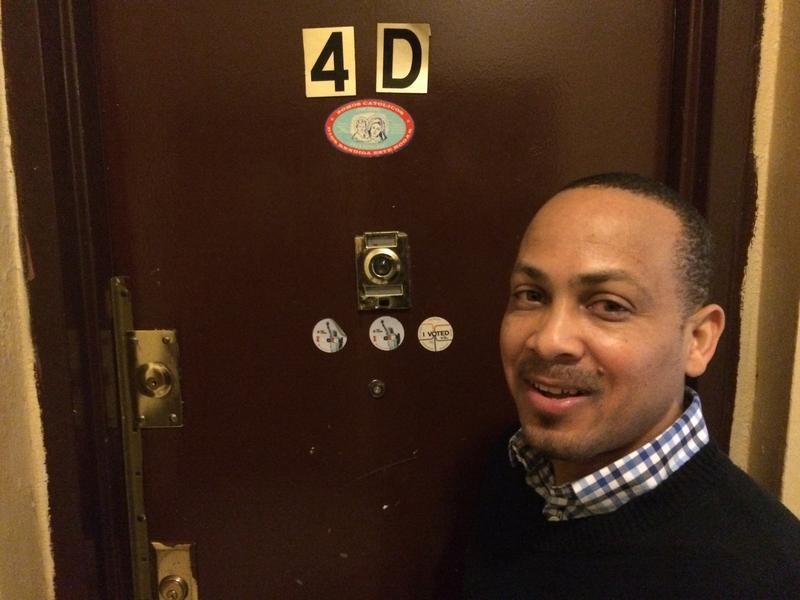
Omar Amador gritted his teeth when drug users broke the flimsy front door lock to his Bronx apartment building and took over part of the lobby. His anger rose when one of them used a spot near his fourth floor apartment as a toilet. But the last straw came when his mother, a resident of the building since the 1980s, told him it felt like things were sliding back to the days when crack was whack and people like her lived in fear.
That's when Amador decided to put up resistance. He went up to the guys smoking dope and injecting heroin and told them they were breaking the law. "They didn't care," he recalled. "They would threaten me. They would call me names."
Next, he called 311 ... and got the runaround. "They connected me to every single department and at some point, I felt despair. There was no hope." Even the beat cops who showed up once, about six months ago, told him they could make arrests but they'd have to catch the guys in the act of committing a crime and that was hard to do.
But one of those cops took pity on Amador and gave him the number to the personal cell phone of Detective Wilfredo Benitez. "That pretty much changed everything," Amador said. Suddenly he had access to an officer who could mobilize resources, respond quickly and make arrests.
Benitez is part of a new NYPD initiative called Neighborhood Policing — not to be confused with an older version that failed under a much different era in the city. Now, eight officers per precinct, called NCOs, have the primary assignment of building trust with the community by solving problems like Amador's. Rather than spend most of their time responding to radio calls, they play the long game of improving the department's image — and crime-fighting capabilities — by cultivating relationships.
The program is up and running in 51 of the city's 77 precincts, with five more precincts scheduled to come on line in January. When fully implemented, it will put 616 NCOs on the streets, a small number compared to the NYPD's 37,000-officer force but enough to conduct a significant experiment. This story describes how Neighborhood Policing is a first step toward changing the NYPD's philosophy of patrolling — and how Amador is using it to finally fight back.
